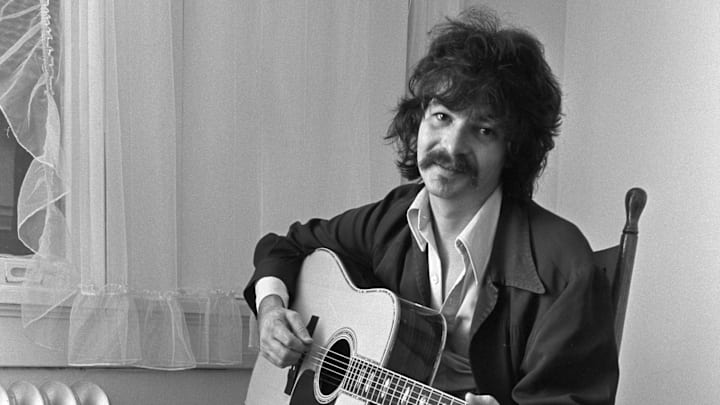JOHN PRINE (1971)
If this isn’t the greatest debut album by a singer-songwriter ever, I don’t what surpasses it. Thirteen tracks without a weak link. The tracks that I would put at the bottom of my own list in terms of quality – “Pretty Good” and “Flashback Blues” – well, most songwriters would kill to have written something that good. The other eleven tracks are flat-out brilliant.
Here’s a young man just approaching 25, barely out of the army and delivering mail as a day job, writing songs about old folks (“Hello in There”), PTSD and drug addiction (“Sam Stone”), environmental destruction (“Paradise”), and teenage suicide (“Six O’Clock News”). He wrote one of the most achingly beautiful love songs I know of (“Far From Me”) and an acerbic political satire (“Your Flag Decal Won’t Get You into Heaven Anymore”) worthy of Dylan. He composed an extraordinary portrait of an old woman looking back at life (“Angel From Montgomery”).
Many of these songs had a wit about them that suited the material – from world-weary irony to laugh-out-loud bawdiness. “I knew that topless lady had something up her sleeve” is from one of the out-and-out comedies on the album (“Spanish Pipedream”) and one of countless Prine lines that I wish I had been clever enough to write myself. If you only get one Prine album, make it his first.
BRUISED ORANGE (1978)
Back home in Chicago and with best friend Steve Goodman producing, Prine opened his fifth album with a throw-away bit of fluff that would become a genuine fan favorite. “Fish and Whistle” is a bunch of witty nonsense rhymes hiding a song about genuine forgiveness, all wrapped in an earworm of a melody that makes anyone who hears it break into a smile. And he would do virtually the exact same thing on “That’s the Way That the World Goes ‘Round.” (Steven Colbert released a video of his duet with Prine after John died. It is very touching.)
There are a couple of weaker tracks on Bruised Orange but the joyful beat of “There She Goes” and “Iron Ore Betty” balance out the beauty of the title track and when the organ and choir join in on “Crooked Piece of Time,” you realize that no matter how rough and tough things got, having John Prine there to document it made everything a little better.
